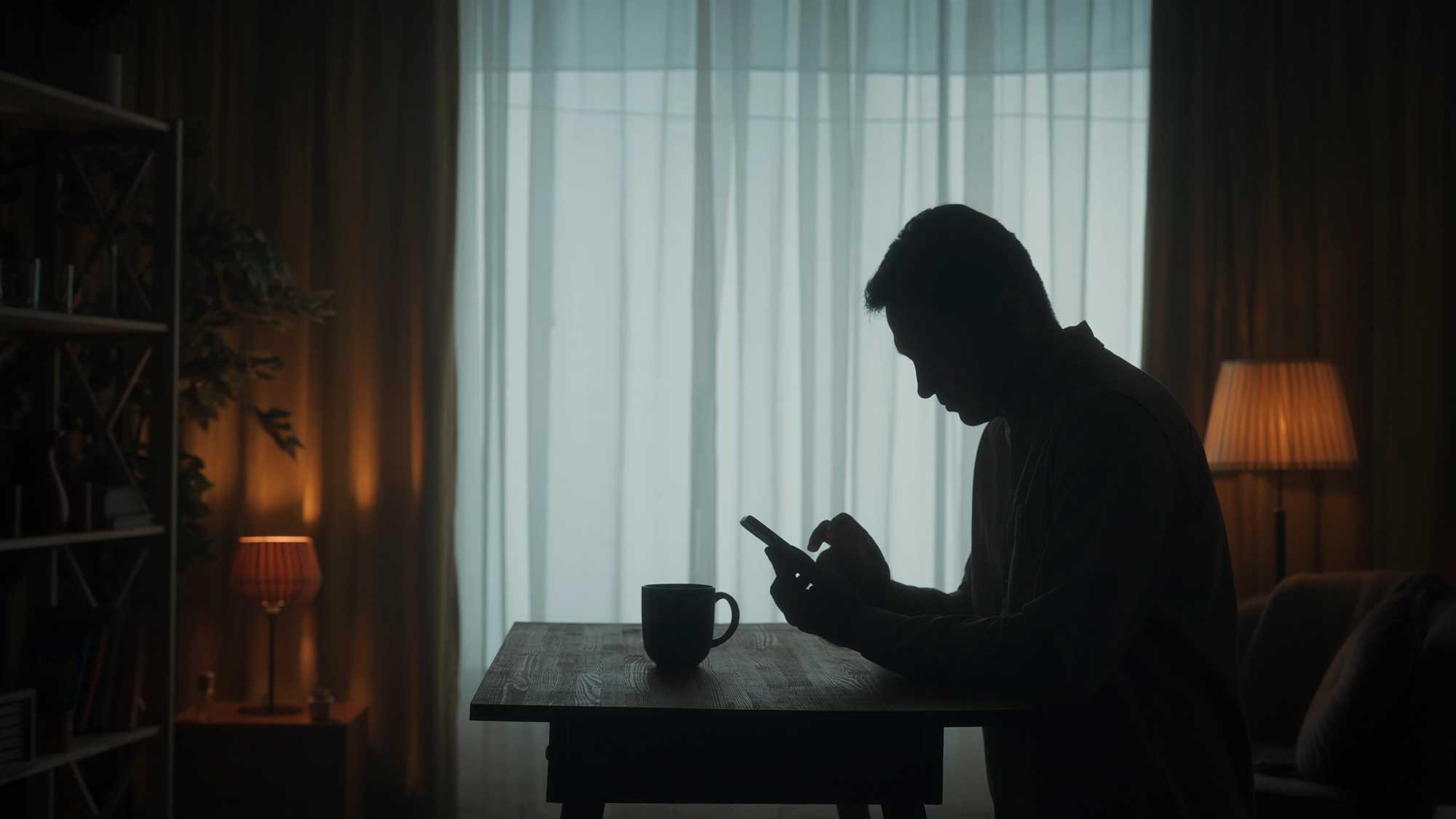Does being in a cluttered space make you feel overwhelmed, stressed out, and anxious? You’re not alone.
According to Harvard Business Review, physical environments play a significant role in cognition, emotions, and behavior. An untidy space can decrease the ability to focus and increase stress and anxiety levels.
Benefits of a tidy space
Research shows that tidy spaces—at home and in the office—have a positive impact on mental health and productivity. Here’s how:
- Better sleep – The National Sleep Foundation found that people who make their beds report sleeping better at night, giving them numerous mental health benefits.
- Increased focus – A cluttered space can be visually overstimulating. That kind of distraction often causes cognitive overload, foggy thinking, and reduced memory.
- Increased motivation – A study published in Current Psychology found a link between procrastination and problems with clutter across many different age groups.
- Reduced depression, anxiety, and stress – Cluttered spaces have been tied to increases in cortisol levels, a stress hormone, while cleaning and organizing are linked with decreased feelings of depression and anxiety.
- Improved relationships – When living in a shared space, clutter can cause problems in a relationship. Cluttered spaces may also prevent you from inviting over family and friends, reducing a sense of community and belonging.
- Increased mindfulness – A clear space gives you a clear mind, allowing you to appreciate the small things and live in the clutter-free moment.
- Sense of satisfaction – After working to clean up an area, you get instant gratification and are able to enjoy the functional space again.
Getting tidy
If a cluttered space feels like a lot to handle, set a timer for just 10 or 15 minutes a day to focus on cleaning up as much as you can. If you’re living in a large space, prioritize what areas bother you the most or start where you spend the most time. After a few days, you’ll be amazed at how much cleaning up you’ve accomplished.
If clutter is causing an increase in anxiety or depression, Valley Oaks is here to help through counseling that can address these issues.






